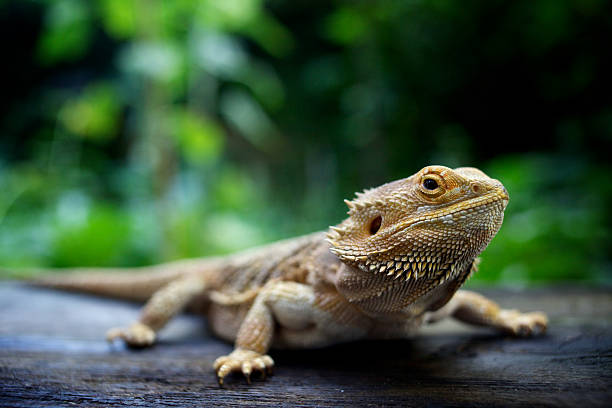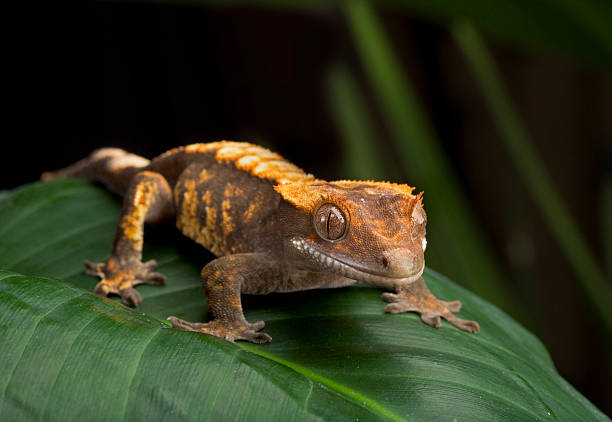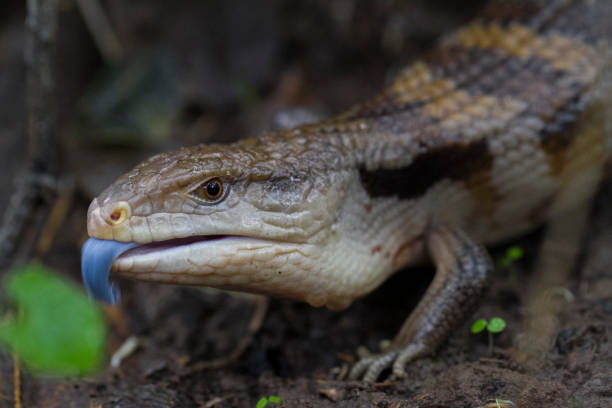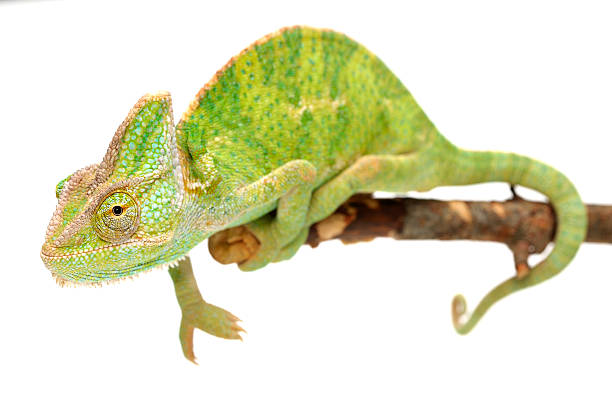A Beginner’s Guide to Lizard Care: Choosing, Caring, and Legal Considerations.
Lizards, with their fascinating appearances and unique personalities, make captivating pets for enthusiasts of all ages. However, before bringing one into your home, it’s crucial to understand the responsibilities involved in their care, as well as the legal aspects of ownership. This comprehensive guide will walk you through everything you need to know about owning a lizard as a pet, including how to select the right species, provide proper care, and navigate legal regulations.
Choosing the Right Lizard:
When selecting a lizard as a pet, it’s essential to consider factors such as size, temperament, and habitat requirements. Here are some popular lizard species known for their suitability as pets:
Leopard Gecko:

These docile creatures are relatively low maintenance and are perfect for beginners. They require a simple setup with a warm, dry habitat.
Bearded Dragon:

Known for their friendly demeanor, bearded dragons are interactive pets that enjoy human interaction. They require a larger enclosure with both heat and UVB lighting.
Crested Gecko:

These arboreal lizards are ideal for those with limited space, as they thrive in vertically oriented habitats. They are relatively easy to care for and don’t require supplemental heating.
Blue-Tongued Skink:

With their distinctive blue tongues and laid-back personalities, blue-tongued skinks are popular choices among reptile enthusiasts. They need a larger enclosure with a warm basking area and a varied diet.
Veiled Chameleon:

While more challenging to care for, veiled chameleons are prized for their striking appearance. They require a specialized setup with high humidity levels and live plants.
Pet Care for Lizards:
Proper care is essential for the health and well-being of your pet lizard. Here are some key aspects to consider:
- Habitat: Set up an appropriate enclosure with adequate space, substrate, hiding spots, and climbing structures. Ensure the enclosure’s temperature and humidity levels match your lizard species’ requirements.
- Diet: Feed your lizard a balanced diet consisting of live insects, vegetables, fruits, and occasionally small rodents, depending on the species. Provide calcium and vitamin supplements as needed.
- Lighting: Most lizard species require UVB lighting to metabolize calcium and prevent metabolic bone disease. Additionally, provide a heat source to create temperature gradients within the enclosure.
- Handling: Handle your lizard gently and minimally to avoid stress. Wash your hands before and after handling to prevent the spread of bacteria.
- Healthcare: Regularly monitor your lizard’s health and behavior for any signs of illness or distress. Schedule routine veterinary check-ups and seek professional care if needed.
How to Purchase a Lizard:
When purchasing a lizard, it’s essential to acquire it from a reputable source to ensure its health and legality. Here are some tips for acquiring a pet lizard:
- Research: Thoroughly research different lizard species to determine which one best suits your lifestyle and preferences.
- Find a Reputable Breeder or Pet Store: Look for breeders or pet stores with a good reputation for breeding and selling healthy reptiles. Avoid purchasing from sources that engage in illegal or unethical practices, such as wild-caught specimens or those kept in poor conditions.
- Inspect the Lizard: When selecting a lizard, examine it closely for signs of health and vitality. Avoid lizards that appear lethargic, emaciated, or have visible injuries or deformities.
- Ask Questions: Don’t hesitate to ask the breeder or seller questions about the lizard’s history, care requirements, and any potential health issues.
- Get the Necessary Supplies: Before bringing your lizard home, ensure you have all the necessary supplies, including an appropriate enclosure, heating and lighting equipment, substrate, and food.
Legal Considerations:
Before acquiring a pet lizard, it’s crucial to familiarize yourself with the legal regulations governing their ownership. While many lizard species are legal to keep as pets, some may be restricted or prohibited due to conservation concerns or potential risks to public safety. Here are some key points to consider:
- Research Local Laws: Research the laws and regulations regarding pet lizard ownership in your area, including any permits or licenses required.
- Check Species Listings: Consult reputable sources to determine which lizard species are legal to keep as pets in your region. Some jurisdictions may have restrictions on certain species, particularly those classified as invasive or endangered.
- Avoid Illegal Activities: Never engage in the illegal trade or possession of exotic lizard species, as this can have serious legal consequences and contribute to the decline of wild populations.
By following these guidelines and prioritizing the well-being of your pet lizard, you can enjoy a rewarding and enriching relationship with your scaly companion while adhering to legal regulations and ethical standards. With proper care and responsible ownership, your pet lizard can thrive in its new environment for years to come.
In conclusion, owning a lizard as a pet can be a fulfilling experience for reptile enthusiasts, but it requires careful consideration and commitment to providing proper care. By selecting the right species, understanding their needs, acquiring them from reputable sources, and adhering to legal regulations, you can ensure a positive and sustainable relationship with your pet lizard.
